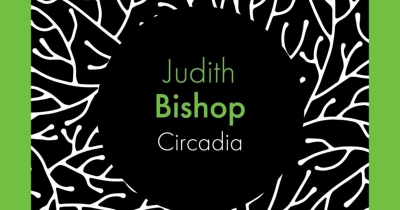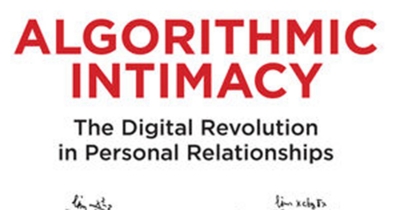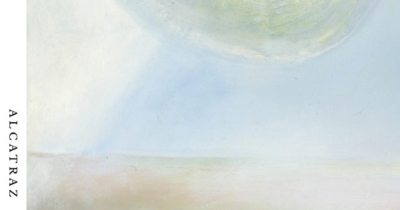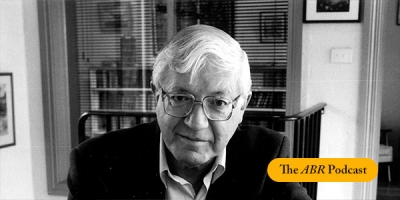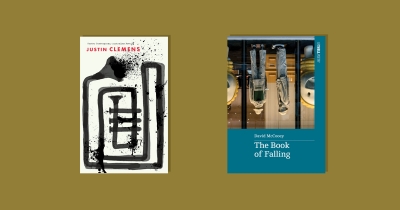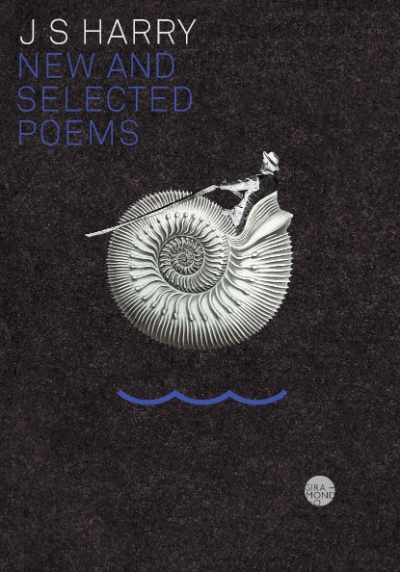Judith Bishop
Life shivers between yourself and us: help us to stretch
toward the kingdom of our burrows in the earth: we’ll never occupy
again the silk-soft that was a womb, but we wander the night grass with you,
searching for a tenderness, an innocence at birth: until the quiet winds cut
the quiet breath from your mouth and your hindquarters stamp, Quickly, I must go —
... (read more)Algorithmic Intimacy: The digital revolution in personal relationships by Anthony Elliott
Alcatraz edited by Cassandra Atherton and Paul Hetherington
This week on the ABR Podcast we celebrate twenty years of the Peter Porter Poetry Prize with readings from six winners. We invited these poets to reflect on the prize and their winning poems. Hear fresh readings from Judith Beveridge, A. Frances Johnson, Damen O’Brien, Sara M. Saleh, Alex Skovron and Judith Bishop. The 2024 Porter Prize, worth a total of $10,000, closes on October 9.
... (read more)'Portraits of the Future II', a new poem by Judith Bishop.
... (read more)A Foul Wind by Justin Clemens & The Book of Falling by David McCooey
As if / the black window / at the solitary pass / from I to this (or you or now) / could let a human mind ...
... (read more)There could be someone, there, walking through a forest – upright or / slightly bending – gathering, not berries, or fallen nuts, or mushrooms, / but thoughts; there could be thoughts like whining insects that drill down
... (read more)
